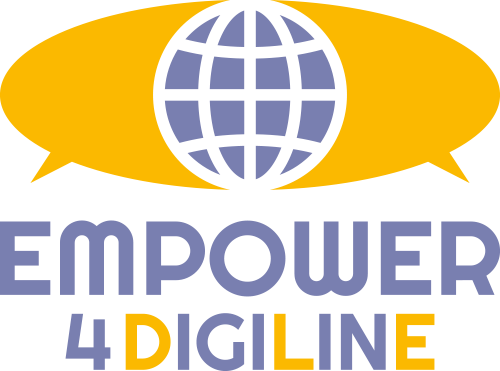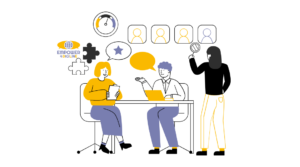Language learning has been revolutionised by artificial intelligence, with many applications taking advantage of AI to further improve the learning experience. Popular apps such as Duolingo, Babbel and Rosetta Stone use AI algorithms to personalise lessons, making sure content is adapted to the learner’s skills and rhythm. These applications incorporate features such as voice recognition to improve pronunciation, interactive learning paths that adjust the level of difficulty according to the user’s progress, and spaced repetition systems to facilitate the long-term memorisation of vocabulary. In addition, AI-driven chatbots simulate real conversations, allowing users to practise their speaking skills. By analysing the user’s performance, these applications can identify areas of difficulty and suggest targeted exercises, making language acquisition more effective and attractive.
ChatGPT is by far the most used and known AI app. Although the main use of this tool is to find information about all sorts of topics easily and quickly, it can also be used to learn a new language. Therefore, it can provide a list of vocabulary of the topic you are interested in, give a translation, explain grammar rules and create personalised exercises. However, be aware of ChatGPT’s limitations. Even though it generally provides accurate answers, it can be wrong on certain points. It is, therefore, best to double-check the answer with a credible source.
AI-powered language learning applications and tools like ChatGPT are transforming the way people learn new languages. By offering personalised and interactive learning experiences, these technologies are making language learning more accessible and effective.







